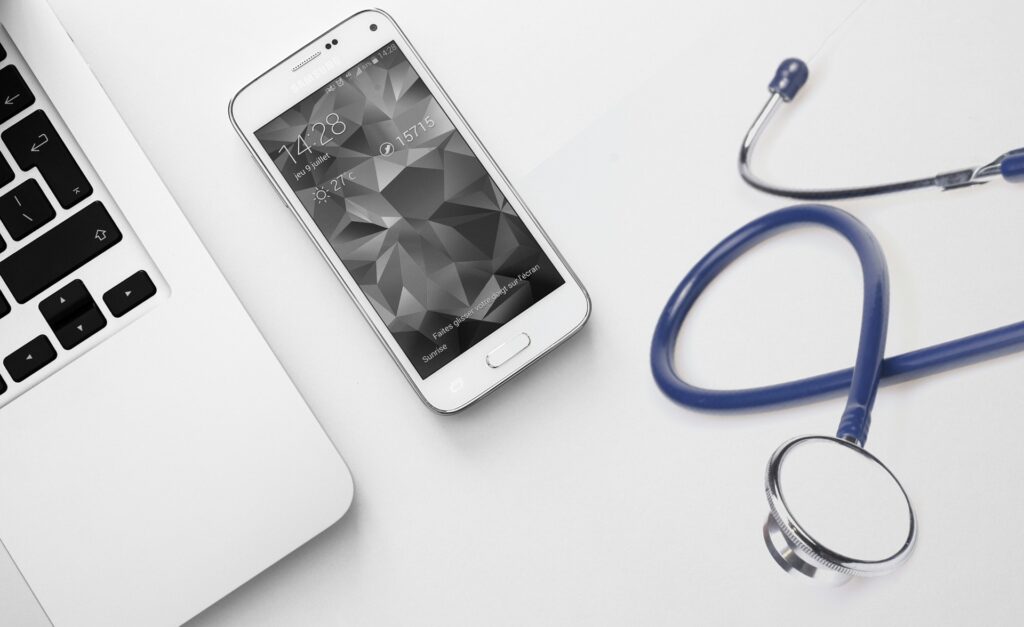
3G wireless networks are scheduled to shut down soon. With the impending shutdown, many people have wondered how it will affect them. Older cell phones, alert systems, security, and medical devices will be affected by the 3G shutdown. If these items are not replaced or upgraded, the devices will no longer work. Here are a few ways that the shutdown will affect those medical devices.
The End of 3G
Mobile carriers introduced 3G wireless about 15 years ago to accommodate iPhone-based technology. While it helped to connect mobile devices at the time, newer technology has replaced it. Wireless carriers plan to use those 3G airwaves to expand the new 5G service. However, the loss of 3G is leading to panic for those who rely on their devices. It will not be just older mobile phones affected by the shutdown. Other devices, including those medical ones, will face a 3G shutdown.
These shutdown dates will vary throughout the year. AT&T has already decommissioned its 3G on February 22. T-Mobile (and Sprint) plans to unplug from 3G on July 1. Verizon will wait until the end of the year and shut down its 3G service on December 31. While these upcoming dates will not be a problem for most people, coverage degradation could affect some areas, especially in rural areas. In those spots, there is no replacement for the longer-range 3G. These customers might be in the dark until 5G is available in those places.

Where does that leave medical devices?
Many people, especially seniors, have been reluctant to upgrade to newer devices that can work with 4G or 5G technology. Even with the looming shutdown, many of these Americans are unaware that they need to replace their devices. That can spell trouble. Without 3G, these devices will not be able to communicate with the network or send out a signal. In other words, these medical devices will cease to operate.
Many Americans rely on medical devices to monitor their homes and health. With COVID-19, many patients have relied on telehealth devices to receive the proper medical care and monitoring. When they stop working, it can be disastrous. These devices allow seniors and others to send medical information to their doctors or healthcare providers. These devices can also alert emergency services to get to a residence when it is needed. For example, if there is an emergency with a medical alert system, the signal will not be able to reach the proper authorities. As you can imagine, this could be fatal for those who need immediate medical help.
Unfortunately, there’s been a lack of urgency to get customers to upgrade their devices. Even some manufacturers are reluctant to get the message to their customers, especially when they are not responsible for the shutdown. Plus, there is an issue about paying for the upgrades, which many companies are not electing to do on their own. These individuals who rely on the devices might struggle to find a way to upgrade, leading to more complications.
What’s in your strategy?™ Do you need a trusted company to align your clinical, regulatory, and quality organization? At Global Strategic Solutions, we will ensure that your device meets all safety standards to hit the market quickly. Learn more by scheduling a consultation.

Alert devices and home alarms are more complicated to upgrade than a simple smartphone. In some situations, technicians will need to get into the business or residence to make the upgrades. It is not as easy as sending a new device. These medical systems and devices will have to be properly configured so that they are ready to be used on a new network.
COVID-19 Has Caused Problems
Keep in mind that the pandemic has also added to those upgrade problems. While some manufacturers have warned their users about the pending shutdown, staffing shortages do not allow follow-ups to ensure customers are ready for the change.
The worldwide chip shortage has also added another level of concern. These shortages have tripped up the entire wearable emergency alert device industry. Some estimates suggest that half a million of these devices will need to be replaced. However, manufacturers are waiting for the chips to be delivered. Once that happens, they can send out the 4G and 5G devices to their customers.
Related: Top 5 Cutting Edge Medical Device Advancements
There are plenty of concerns about the decommission of 3G. Many people rely on these systems, especially in times of an emergency, but those medical devices might be inoperational by the end of the year.
 Helping Customers Upgrade Their Devices
Helping Customers Upgrade Their Devices
There is also some good news. Many medical device manufacturers have worked with their customers to help with the transition. The Federal Communications Commission has also been closely monitoring the situation. Many consumer advocates have even urged the commission to push 3G’s ending date to ensure everyone remains protected and safe.
AT&T has offered to keep 3G as a roaming option, but that is not considered a solution by many. According to the Alarm Industry Communications Committee, many vulnerable devices use systems that do not allow them to operate on a roaming basis. Along with that, all of the other mobile providers will need to offer roaming options for full coverage.
Many people want an extension on the deadline. Even four to six months can help most manufacturers reach their customers and replace those valuable medical devices. Unfortunately, that has not been the case with the 3G shutdowns. Some industry experts are looking at how the industry handled the Y2K bug. Instead of ignoring the issue, many companies actively worked to find solutions. If a quick solution is not found, it could leave millions of Americans with inoperable medical devices.
Ready or Not: The 3G Shutdown Is Coming
While the shutdown has started on some networks, many in the industry want the FCC to extend the shutdown deadlines. Some Americans are still unaware of the 3G, leaving them vulnerable if they rely on these medical devices. As of now, these shutdowns are still scheduled for summer and the end of the year.
Global Strategic Solutions in the Silicon Valley area in California is a consultancy firm committed to ensuring safety in the medical field by helping inventors and businesses take the appropriate steps to get their devices approved and ready for sale. Learn more about our services.
 David R Rutledge, Pharm.D., FCCP, FAHA
David R Rutledge, Pharm.D., FCCP, FAHA
+1 (630) 846-0350 cell
David.Rutledge@GlobalStrategicSolutions.com

